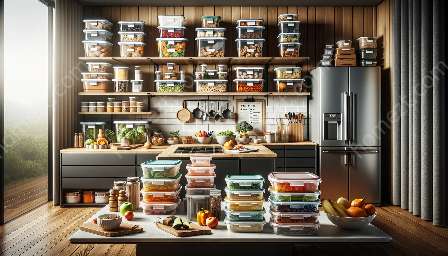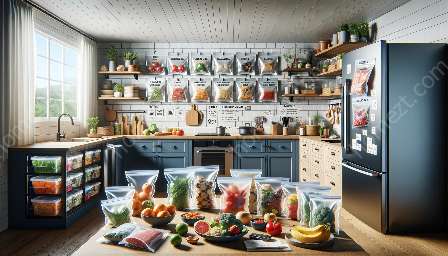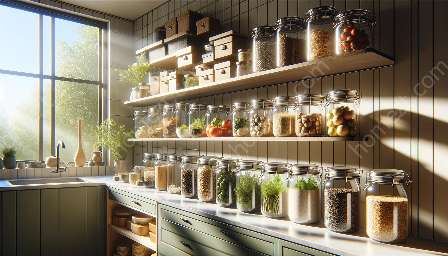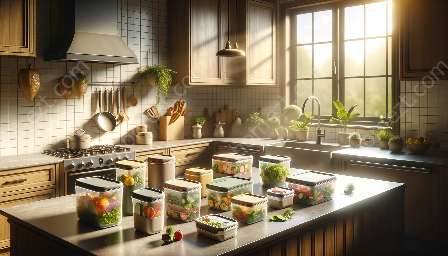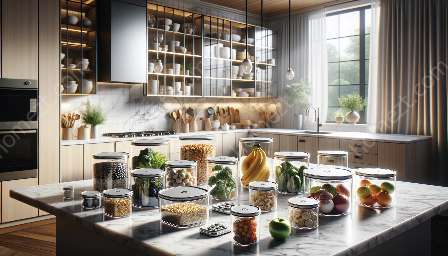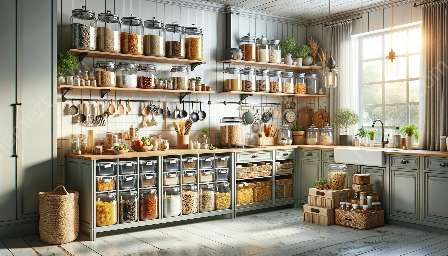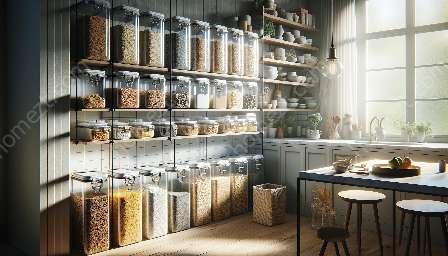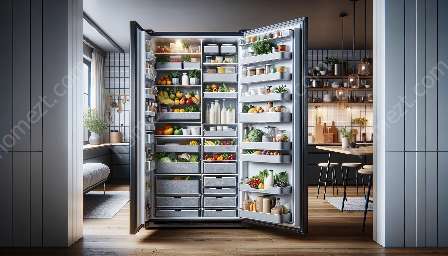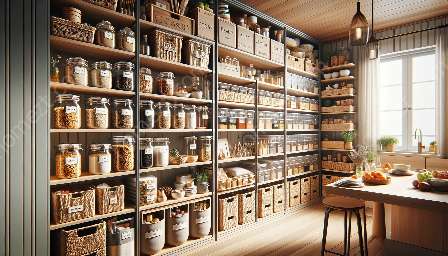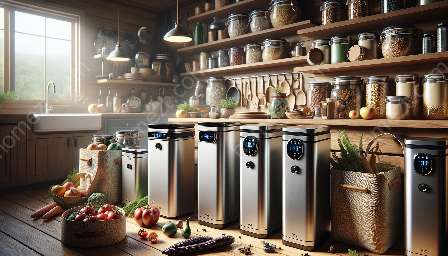Introduction to Reusable Food Wraps
Reusable food wraps have emerged as a sustainable and eco-friendly alternative to traditional plastic wraps and containers. These wraps provide an environmentally friendly solution for storing food, reducing reliance on single-use plastics, and contributing to a more sustainable lifestyle.
As we explore the topic of reusable food wraps, we will delve into their compatibility with food storage and their role in kitchen & dining. Let's embark on a journey to discover the benefits, usage, and impact of reusable food wraps in our daily lives.
Understanding Reusable Food Wraps
Reusable food wraps are typically made from natural materials such as beeswax, organic cotton, jojoba oil, and tree resin. These materials are combined to create a flexible, durable, and washable alternative to plastic wraps. Some reusable wraps are also infused with antibacterial properties to help keep food fresh for longer periods of time.
One of the key attractions of reusable food wraps is their versatility. They can be used to wrap sandwiches, cover bowls of leftovers, or even wrap cut fruits and vegetables. The wraps are designed to mold and shape around food items, creating a secure seal that helps maintain freshness while reducing food waste.
The Compatibility with Food Storage
Reusable food wraps offer a practical and sustainable solution for food storage. By using these wraps, individuals can eliminate the need for disposable plastic wraps and storage containers, which often contribute to environmental pollution and waste. The wraps are especially useful for storing cheese, fruits, vegetables, and bread, as they help retain the natural moisture and prevent the food from drying out.
Whether storing food in the refrigerator or packing lunches for on-the-go meals, reusable food wraps provide an excellent option for keeping food fresh without relying on plastic-based alternatives. Additionally, the wraps can be easily cleaned and reused, making them a cost-effective and environmentally conscious choice for food storage.
Integration into Kitchen & Dining
In the context of kitchen & dining, reusable food wraps serve as a sustainable addition to the culinary experience. These wraps can be used as an alternative to plastic wrap for covering dishes, wrapping sandwiches, or preserving the freshness of baked goods. The versatility of reusable food wraps makes them valuable assets in any kitchen, helping individuals reduce their environmental footprint while maintaining food quality.
Furthermore, the use of reusable food wraps aligns with the growing trend of sustainable living and conscious consumerism. Individuals who prioritize eco-friendly choices in their kitchen and dining habits can opt for reusable food wraps as part of their sustainable kitchenware collection, contributing to a more environmentally responsible lifestyle.
Advantages of Using Reusable Food Wraps
There are numerous benefits to incorporating reusable food wraps into food storage and kitchen & dining practices. These include:
- Eco-Friendly Choice: By using reusable food wraps, individuals can reduce their reliance on single-use plastics, thereby contributing to a more sustainable and environmentally conscious lifestyle.
- Promotion of Food Preservation: The wraps help keep food fresh for longer durations, reducing food waste and promoting efficient food storage practices.
- Cost-Effective Solution: With proper care, reusable food wraps can be utilized multiple times, offering a cost-effective alternative to disposable plastic wraps and containers.
- Versatile Usage: From storing leftovers to packing lunches, the wraps offer a versatile solution for various food storage and preservation needs.
- Sustainable Kitchenware Option: By integrating reusable food wraps into kitchen & dining routines, individuals can contribute to a more sustainable and eco-friendly culinary environment.
With these advantages in mind, it's evident that reusable food wraps are not only compatible with food storage and kitchen & dining practices but also offer numerous benefits that support sustainability and conscious consumerism.
Conclusion
Reusable food wraps represent an innovative and sustainable solution for food storage and preservation. By prioritizing the use of these wraps, individuals can minimize their environmental impact, reduce plastic waste, and promote sustainable living in their kitchen & dining routines. The compatibility of reusable food wraps with food storage and kitchen & dining practices showcases their relevance and effectiveness in creating a more environmentally conscious and responsible approach to food management.
As we continue to embrace sustainable alternatives in our daily lives, embracing reusable food wraps can contribute to a greener future while maintaining the practicality and convenience required for modern food storage and dining experiences.

